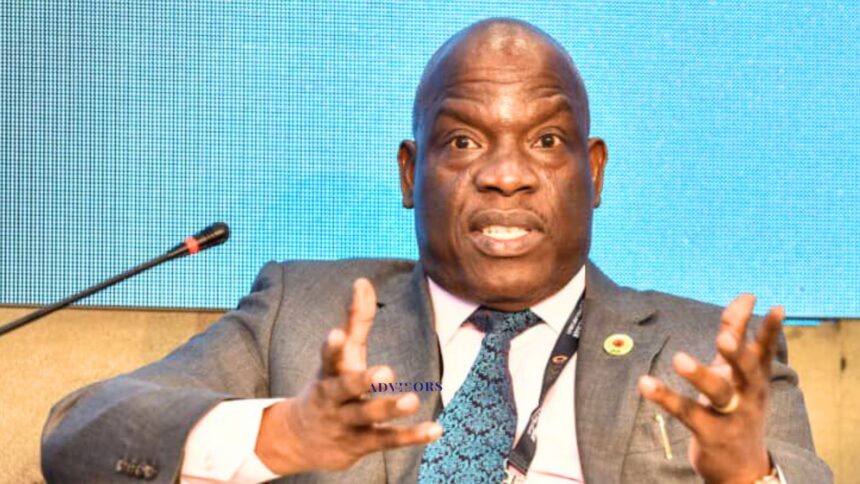… as Commission’s Corporate Communications unit offers behind-the-scenes industry exposure for energy editors
Oredola Adeola
The Nigerian Upstream Petroleum Regulatory Commission (NUPRC) has disclosed that it approved Field Development Plans (FDPs) valued at approximately $20 billion between January and November 2025.
Engr. Gbenga Komolafe, Commission Chief Executive (CCE), attributed the milestone to the Commission’s robust regulatory instruments developed under the Petroleum Industry Act (PIA) and strengthened by President Bola Ahmed Tinubu’s Executive Orders.
The CCE delivered this message at the closing ceremony of the two-day strategic workshop organised by Corporate Communications and Media Unit of the Commission, in Lagos for Association of Energy Correspondents of Nigeria (NAEC).
According to him, Final Investment Decisions running into billions of dollars have been taken within the period, enabling the Commission to approve several Field Development Plans over the last ten months.
The CCE, represented by Efemona Bassey, Deputy Director of Human Resources, Corporate Services and Administration, noted that Nigeria’s crude oil production has exceeded 1.7 million barrels per day multiple times in 2025, demonstrating the nation’s ability to meet and even surpass OPEC expectations.
He added that the national rig count has risen to nearly 70, with over 40 rigs currently active.
The CCE emphasized the critical role of the media in ensuring accountability and transparency in governance.
He referenced Section 22 of the 1999 Constitution (as amended), which mandates the press and all mass communication agencies to uphold the responsibility and accountability of government to the people.
In parallel, he highlighted Section 7(m) of the PIA 2021, which requires the NUPRC to publish reports and statistics on upstream petroleum operations, an obligation rooted in openness and designed to stimulate industry growth.
Engr. Komolafe explained that this workshop was conceived to strengthen collaboration with the media and provide journalists with deeper, behind-the-scenes insights into the Commission’s operations.
It offered extensive exposure to its activities across exploration, development, production, acreage management, economic regulation, and host community engagement, ensuring a more informed understanding of Nigeria’s evolving upstream sector.
He observed that, globally, investments in oil and gas are declining as countries accelerate the transition to cleaner energy sources.
He said, “Despite these headwinds, Nigeria continues to record steady progress in its upstream sector, a development he credited to strong regulatory frameworks and proactive government policies.
He reaffirmed NUPRC’s commitment to supporting Nigeria’s aspiration of achieving one million barrels per day in incremental crude oil production.
He further revealed that the Commission will conduct another Licensing Round on December 1, 2025, which is expected to be more transparent and globally competitive than that of 2024.
He explained that as Nigeria positions itself for greater competitiveness on the global energy stage, the role of the media becomes even more crucial.
The oil and gas sector, he said, is highly sensitive to perception, and journalists’ reporting has the power either to reassure or discourage investors.
He therefore encouraged the media to ensure their coverage remains factual, contextual, and development-oriented, reflecting not only Nigeria’s challenges but also its aspirations and progress.
The Commission will continue to expand access to accurate and timely information while deepening its relationship with the media in service to the Nigerian people.




